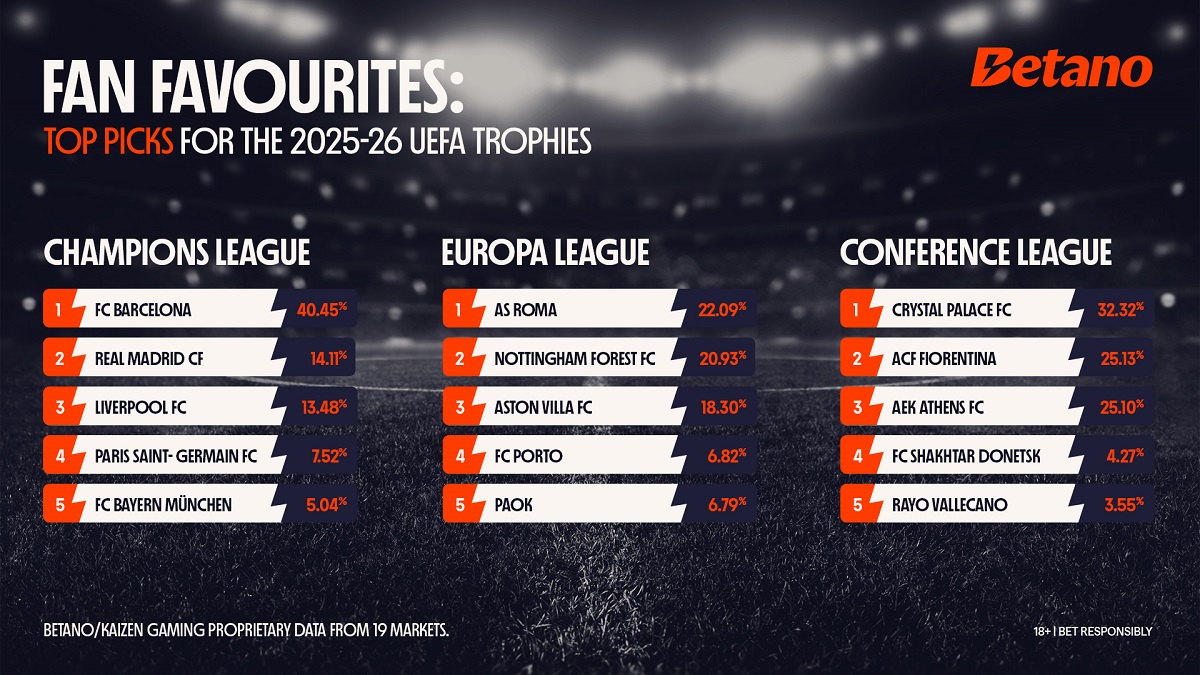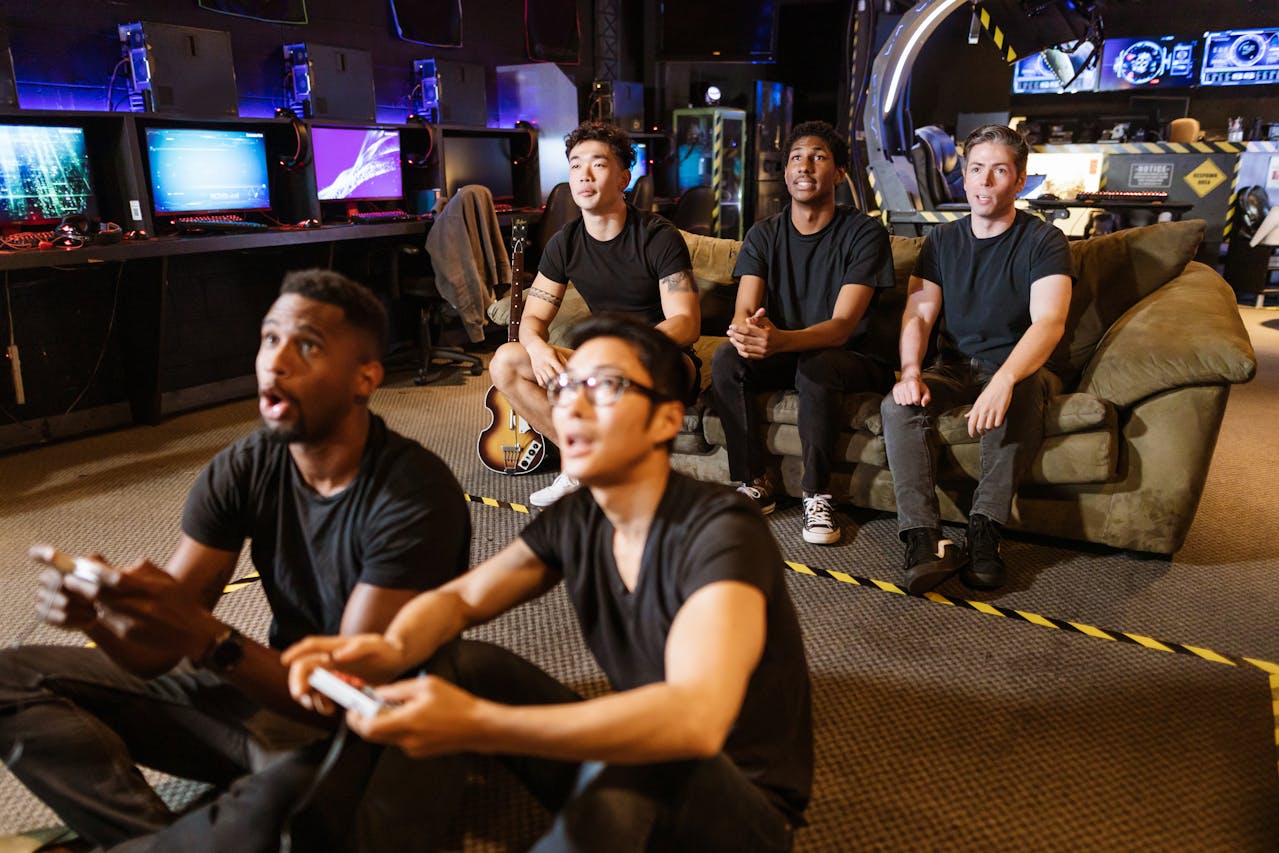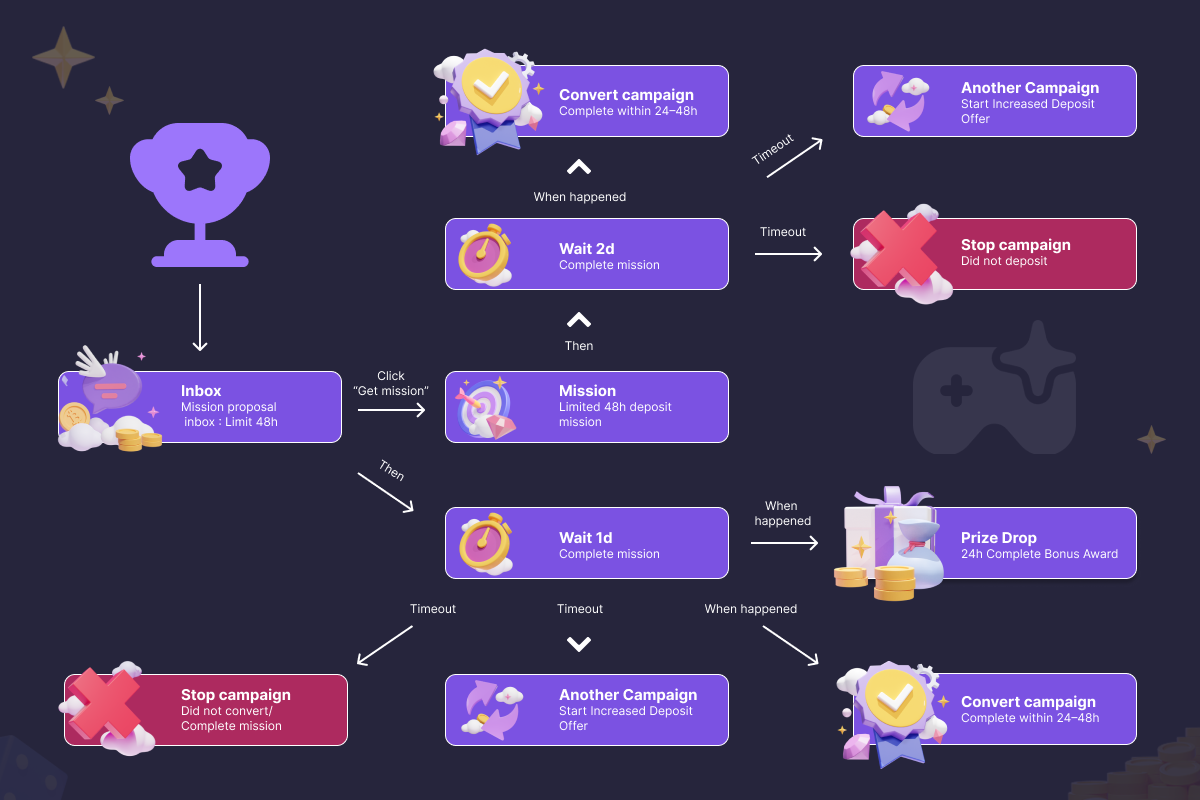Latest News
VIRTUAL REALITY AND GAMBLING: WHAT’S IN STORE FOR THE FUTURE OF GAMING?

With games such as Destiny and Overwatch, along with sleek new models of consoles being released every other day, it seems as though gaming has finally come into its own. In recent years, the entire gaming culture has prospered, and we seem to be living in the golden age of gaming and possibly gambling.
So many of the pillars that hold up gaming as a phenomenon have grown comfortable over the years. Developers churn out first-person shooters like Battlefield between free roaming RPGs such as Call of Duty: Infinite Warfare as though they’re on a conveyor belt. This has led to gamers bemoaning the “sameness” of this year’s blockbusters, with the likes of For Honor earning mere moments in the spotlight before being quickly cast aside. What gaming needs is the “next big thing” to hit the market and shake up a landscape that’s grown stagnant over the last few months. The question is: what?
“THOSE OF US LUCKY ENOUGH TO HAVE EXPERIENCED VIRTUAL REALITY AT SOME STAGE IN OUR LIVES WILL RECOGNISE THE “WOW” FACTOR ATTACHED TO HEADGEAR SUCH AS THE OCULUS AND HTC VIVE AND THE AMAZEMENT OF STEPPING INTO AN ALTERNATE REALITY.”
There’s no avoiding the fact that virtual reality (VR) has arrived and it’s here for its fair share of the market. Those of us lucky enough to have experienced VR at some stage in our lives will recognise the “wow” factor attached to headgear such as the Oculus and HTC Vive and the amazement of stepping into an alternate reality. Imagine the thrill of a zombie horror, where you look around to see nothing but faint darkness around you while looking down at your own hands you find yourself carrying a gun and flashlight. This is the level of immersion VR can provide, taking gamers one step closer into the shoes of our on-screen heroes.
Fortunately, the fall in price of these systems, the creation of wearable controllers and the recognition by developers that VR is the future, have allowed games of true substance to emerge. The Lab, for example, started as a Valve Corporation play-pen and grew to become one of Steam’s few games with “overwhelmingly positive” reviews.
Of course, there’s much more to the gaming than just technological advancements. Consider developments within the games themselves: in particular, one of the most disappointing aspects of highly-rated games today, microtransactions. These are low cost add-ons that are optional for a player to purchase. Typically in the range of 50c to 5 euro, they often unlock new levels or features on mobile games, or more cosmetic features such as a new colour of armour in larger games. Candy Crush infamously thrived on these so called “microtransactions” offering defeated players another chance to play after waiting one hour or immediately at the low-low cost of 99c.
Some prefer a one-off payment for your games, while others like how microtransactions offer the opportunity to play a game after multiple smaller payments. What we can all agree is that certainty surrounding exactly what you’re purchasing is vital to the experience. Or at least, it was. Nowadays however, microtransactions serve as an innocent placeholder for one of the most toxic aspects of modern gaming, and one of the greatest challenges facing its future: gambling.
Fifa: Ultimate Team has created its own subculture surrounding gambling in recent years. Players are offered the opportunity to part with their hard-earned cash in exchange for “points,” which can then be used to purchase player packs, akin to the booster-pack style of beloved trading card games. While seeming innocent on the surface, digging deeper reveals many of the problems models such as this instigate.
The random chance aspect of purchasing packs creates a pay-to-win culture, one not usually found in games with a 60+ euro price tag. While a fraction of the player base will pay for packs, an even smaller fraction will try again if they’re disappointed with the outcome. In essence, players with deep pockets are that bit more likely to come across a Ronaldo or Messi just by throwing money at the system. It’s the monumental issue with this ever-growing trend which is really concerning: this is gambling in an environment rated ‘E for Everyone’. Children are playing these games completely unsupervised, with mammy or daddy’s credit card in hand. While that itself is a failure on the part of the parents, any system that thrives from underage gambling will need to change soon.
In the past 20 years, changing technology has completely changed the world around us, including the gaming experience and the next 20 years hold even more possibilities for change. With both exciting tech developments and fresh challenges to overcome, the games industry is certainly set for an interesting future ahead.
-

 eSports14 hours ago
eSports14 hours agoTEAM VITALITY AND PARIS SAINT-GERMAIN ESPORTS ANNOUNCE EA FC COLLABORATION
-

 Asia7 days ago
Asia7 days agoTesla to showcase Model Y with NODWIN Gaming at the thrilling BGMS Season 4 Grand Finals
-

 Compliance Updates7 days ago
Compliance Updates7 days agoSOFTSWISS Compliance Expert Shares Knowledge on AML in iGaming for Sumsub Academy
-

 Africa7 days ago
Africa7 days agoRacing1 is exhibiting for the first time at the Grand Prix D’Afrique
-

 Latest News7 days ago
Latest News7 days agoÅland-Based Gaming Company Paf Becomes Main Partner of the Finnish Ski Association – One of the Most Significant Sponsorship Agreements in the Association’s History
-

 Latest News7 days ago
Latest News7 days agoKaizen Gaming data – FC Barcelona the fan favourite to win the Champions League
-

 Latest News7 days ago
Latest News7 days agoAnimo Studios debuts virtual hosts for live table games starting with Stake
-

 Latest News7 days ago
Latest News7 days agoWeek 37/2025 slot games releases



















